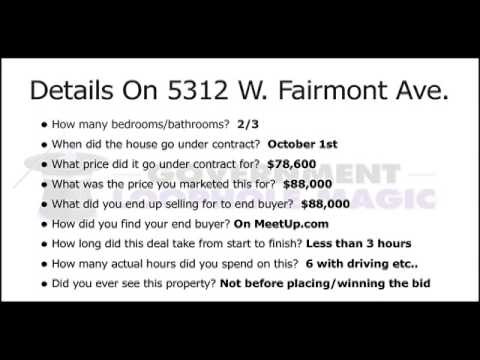During market mayhem Dallasarea brokers funds ease fears find bargains
Post on: 3 Июль, 2015 No Comment

Updated: 26 November 2010 02:49 PM
Dallas brokerage houses and hedge funds apparently were able to handle the terrible havoc visited upon the stock market Thursday with commendable dispatch — and some may have even made money.
The phones began to light up about 1:45 p.m. at the Park Cities offices of Southwest Securities, where 30 brokers were on duty. The Dow Jones industrial average had just dropped from about 10,600 to 9,869.
Within five minutes, every broker was on a phone line with clients concerned about what was happening, said Mark Sachse, director of the private client group at Southwest Securities. We were flooded with calls.
The sell-off came with such fury that Sachse made an inquiry to the New York Stock Exchange asking whether some large trader had made a mistake. The acceleration of automated trading was caused by an action. It couldn’t have just been worries about Greek debt.
Sachse said he knew something was out of whack when shares of the blue-chip consumer products company Procter & Gamble dropped from $60.90 to $39.37 — a 35 percent decline.
That happened in about 90 seconds, he said. You just don’t see that unless something is amiss.
He said the Southwest brokers basically just tried to assure their clients that there was apparently some kind of system malfunction, and the problem would be solved.
Mostly, there was a lot of babysitting and trying to put clients at ease, Sachse said.
After the market closed Thursday, he instructed his brokers to get on the phone to all of the clients who didn’t call the office and try to explain to them what happened.
A lot them might not even know about this until they sit down and watch the evening news, he said. Our job is to reassure them that we still have an orderly market.
Chris White, a partner at the Greenstone Value Opportunity fund, a Dallas hedge fund, agrees with those who say this was an example of computer trading run amok. But he and his traders turned it to their advantage by picking up some deeply discounted stocks.

We took advantage of this, and we were buyers when we saw that extreme sell-off, White said.
He said his traders started buying stocks after the Standard & Poor’s 500 index broke through 1,100 in the early afternoon. It started the day at 1,167. White said they bought probably a half dozen individual stocks in the energy, technology and airline sectors. His fund was up probably 8 percent to 14 percent on all of these stocks when trading ended at 3 p.m.
The market is concerned about the debt problems in Greece, but I think this sell-off was well overdone, White said. We were excited. We like opportunities like this.
Similarly, Craig Hodges, president of Hodges Capital Management in Dallas, said traders for his Hodges Fund tried to pick up bargains, too.
For example, the fund bought 50,000 shares of Cummins Inc. the diesel engine maker, for $66.73 per share. At the start of the day they were trading at $70.41 and finished the day at $67.25.
He estimates that his firm may have fielded five calls from clients during the meltdown, but only two wanted to exit the market. Hodges said they tried to take other positions, but the rebound in some cases occurred before the trades could be executed.
You don’t see days like this too often, Hodges said.














